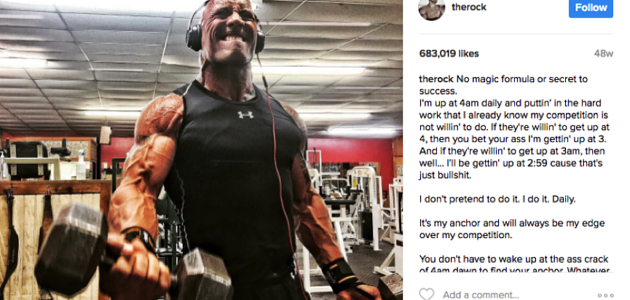1. Wake Up At The Same Time Everyday
2. Don't Hit Snooze!
3. Do Something Physical When You Wake Up

4. Avoid Caffeine 10 Hours Before Bed
5. Limit Electronics
6. Nutrition and Supplementation
- Magnesium – 200-400mg (Citrate, or any ending in ‘ate’. Not Oxide or Chloride – the latter is a laxative!). This is the first ‘go-to’ supplement for better sleep, and I know many clients and colleagues that use this religiously to knock them out.
- Melatonin – 3-5mg (Not legal to sell in the UK). This is the most potent supplement you can take. It works by regulating circadian rhythms and telling your body it’s time to sleep.
- Glycine -- 2-3g of glycine acts on the GABA pathway which can help to relieve anxiety and stress.

.jpg)
